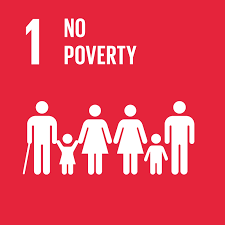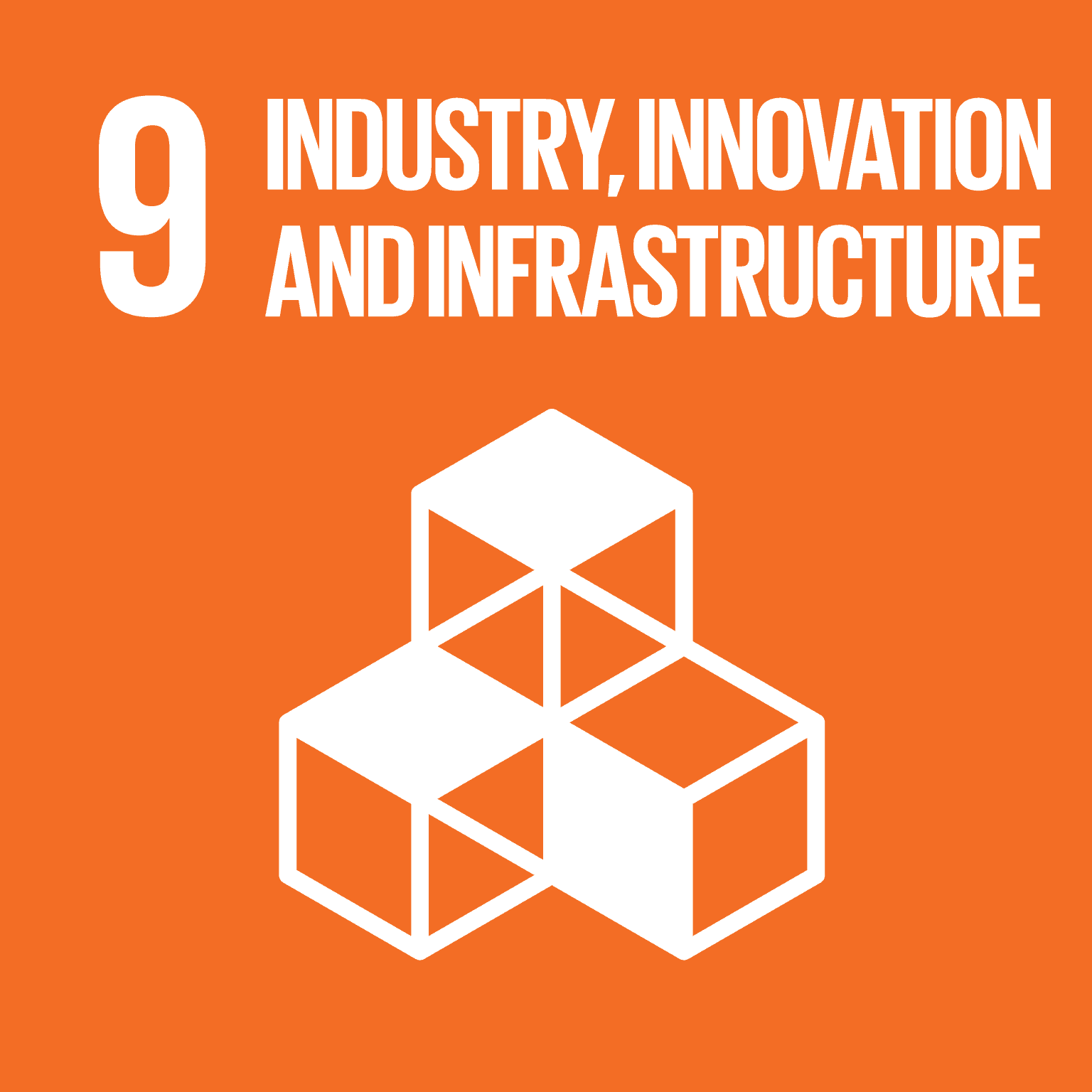Adapting Digital Payment to Initiate Rapid Response During Pandemic
Bangladesh government disbursed cash aid to 5 million most vulnerable families through mobile financial service in order to minimize the financial impact during COVID 19 within the shortest period of time.
Challenges
The coronavirus pandemic has caused untold suffering to countless people. The impact of this pandemic has affected those who have been infected and extended far beyond due to the emergency lockdown and shutdown of economic activities to prevent further spread of the disease. Millions of families who are engaged in informal sectors have been affected by COVID-19 economically. To combat the outbreak and its economic impact, the government came up with a set of stimulus packages, including cash aid for the most vulnerable families.
Disbursing a hefty amount of cash aid manually is costly and vulnerable to fraud and theft. The manual process takes significant time to deliver, whereas these are emergency aids intended to be transferred promptly and securely during the lockdown. Besides, transferring in person might breach the health protocol or safety measure and increase the disease’s risk. The government faced formidable challenges to transfer cash aid to 5 million low-income families instantly. As a result, a combined effort was needed across government, industries, private sectors, and individuals to deliver the emergency aid securely.
Towards a Solution
Adapting digital payment through MFS allowed the government to disburse cash aid directly to the beneficiaries within a stipulated time frame to the citizens during difficult times. The government transferred USD 142m cash aid to 5 million families through 4 mobile financial service providers. National Identity Card and the involvement of local administration played a crucial role in identifying the most vulnerable beneficiaries. The whole effort was successful due to some other enabling factors.
Private-Public Partnership
Public-private partnerships have enabled rapid digital transformation. During the COVID-19 pandemic, the private sectors extended their support and collaboration with the government, especially the mobile financial service (MFS) providers who helped the government disburses money to vulnerable people.
Policy Adaptation
All the concerned government agencies adapted policy to facilitate digital payments in order to respond and disburse funds promptly. Successful policy adaptation helps to drive further adoption of digital payments.
Digital KYC
Mobile financial service providers in Bangladesh have adopted digital KYC for registration. This process enables customers to open their mobile account digitally without filling up any paper-based documents. The new e-KYC guideline issued by Bangladesh Bank enabled speedy account opening. The guideline was instrumental in responding to the crisis moment caused by the pandemic.
Enabled Infrastructure
The wave of rapid digital transformation was possible because of four enabling factors. The coverage of National Identity card among citizens, telecom infrastructure, and high-speed connectivity rolled out throughout the country; the existing digital payment architecture, and strong MFS operators with a widespread agent network covering the last mile. Citizens of Bangladesh are well-acquainted with the usage of digital payment.
Adapting digital payment is already replicated in other countries. We have seen similar initiatives in many African countries during the Ebola outbreak. Digital payments also promote the adoption of other digital financial services. Digital financial services are a key enabler to achieve sustainable developments.
Contact Information
Md. Tohurul Hasan Program Manager-Digital Access & Digital Financial Service, Aspire to Innovate (a2i) Programme
Countries involved
Bangladesh
Nominated By
South-South Network for Public Service Innovation
Supported By
Ministry of Disaster Management and Relief, the Government of Bangladesh, and a2i Programme-Government of Bangladesh; UNDP Bangladesh
Implementing Entities
a2i Programme, Government of Bangladesh, UNDP Bangladesh MFS operators: bKash, Nagad, Rocket, and SureCash
Project Status
Completed
Project Period
5/2020 - 7/2020
Sectors
Financial Services, Digital Transformation
Primary SDG
01 - No Poverty
Secondary SDGs
03 - Good Health and Well-being, 05 - Gender Equality
Primary SDG Targets
1.1 1.3 1.4Similar Solutions







